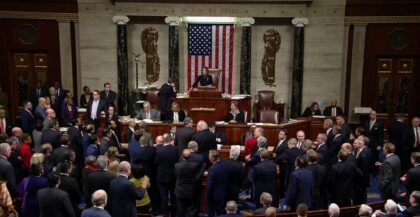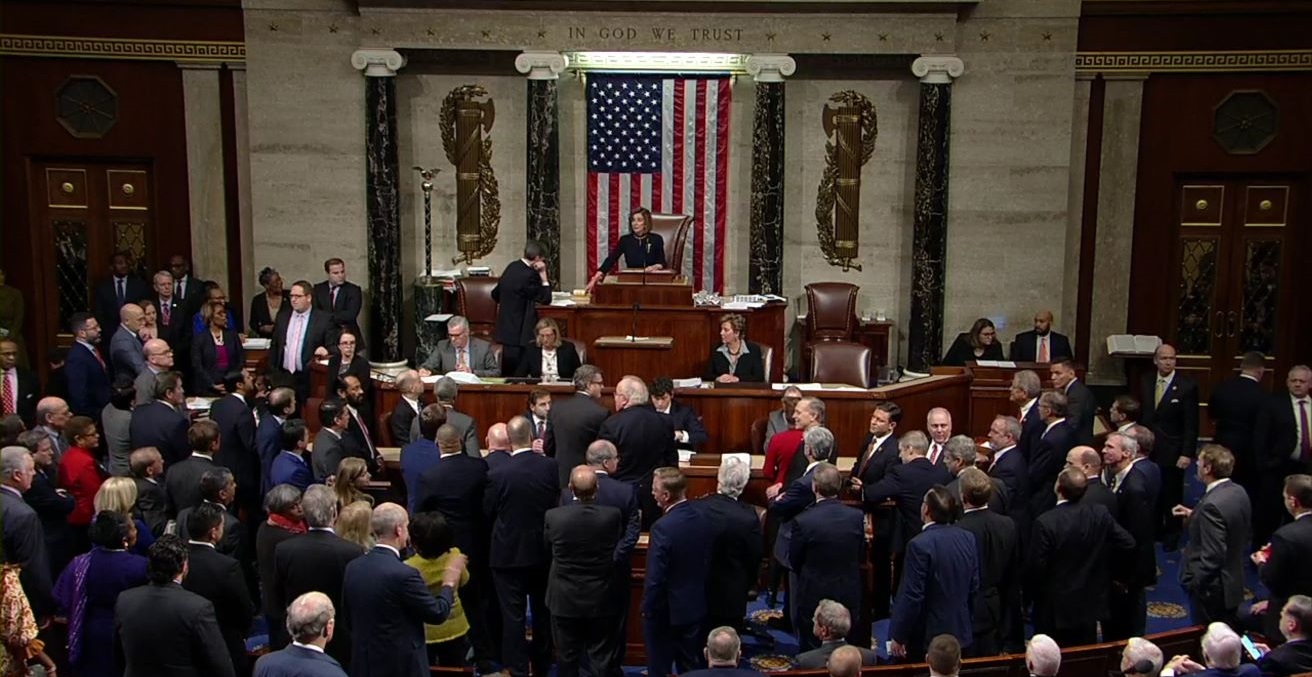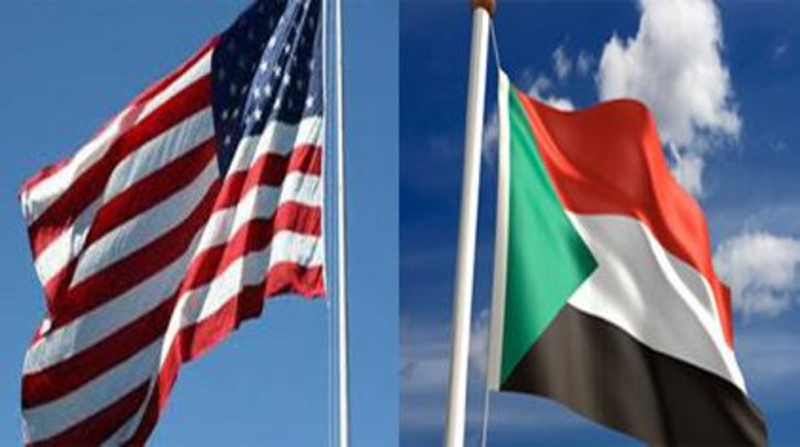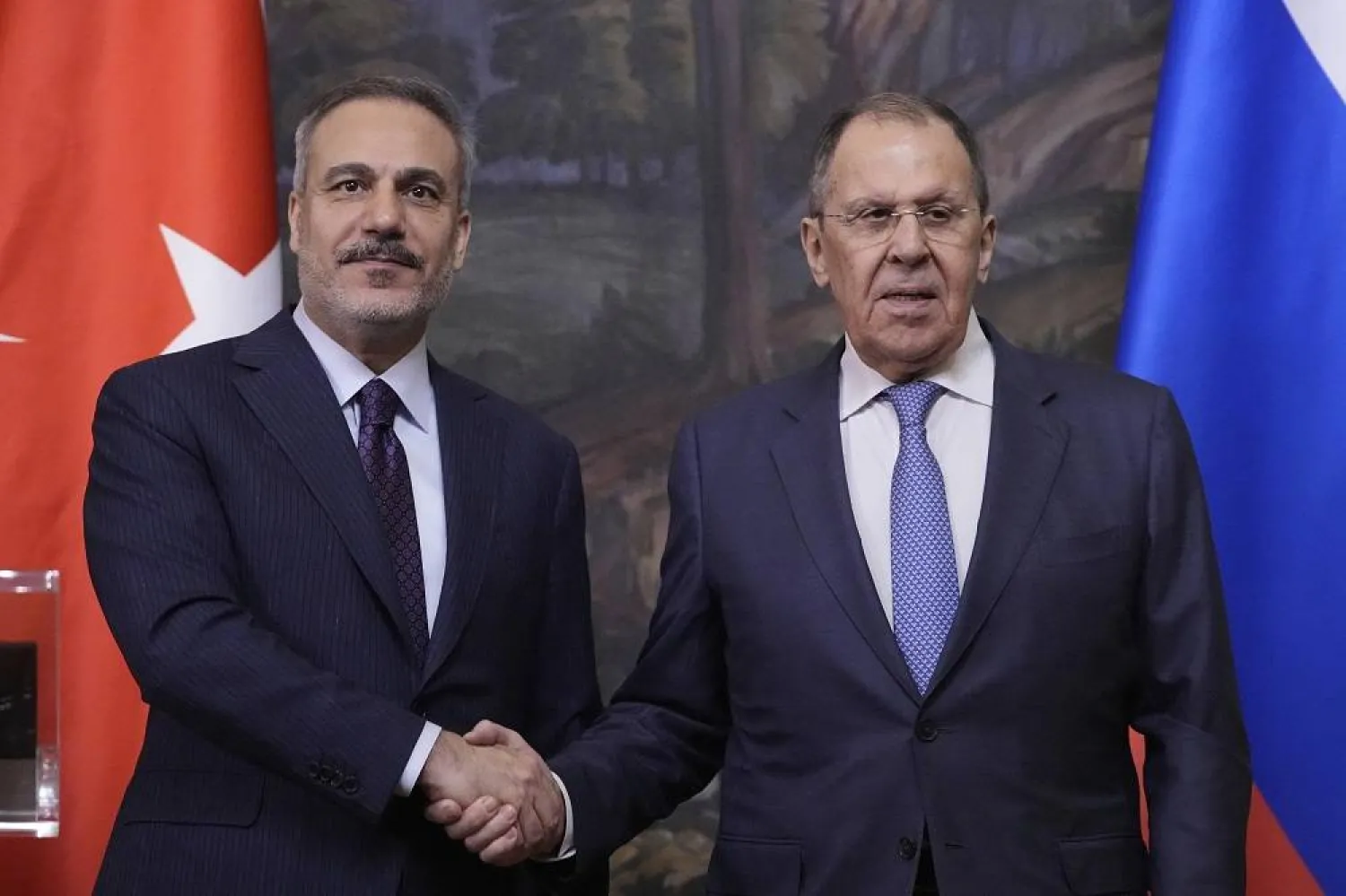 The US House of Representatives has passed the ‘‘Libya Stabilization Act’’ (HR 1228) in a move to advance a diplomatic solution to the conflict in Libya and support the people of Libya.
The US House of Representatives has passed the ‘‘Libya Stabilization Act’’ (HR 1228) in a move to advance a diplomatic solution to the conflict in Libya and support the people of Libya.
Under the act, the US can sanction activities of rebel General Khalifa Haftar’s Libyan National Army (LNA) with respect to Syria (currently under US sanctions), sanction foreign persons leading, directing, or supporting certain foreign government involvement in Libya, and foreign persons who are responsible for or complicit in gross violations of internationally recognized human rights committed in Libya.
The US will also provide humanitarian relief for the Libyans and for international refugees and migrants in Libya, champion democratic governance, elections and civil society as well as engaging international financial institutions to advance Libyan economic recovery and improve public sector financial management.
Also, under the act passed by a vast majority, the US will help Libya recover stolen funds.
The act has earned praises from Libyan Prime Minister Abdul-Hamid Dbeibah who on Twitter indicated that the bill allows US authorities to sanction spoilers of Libya’s political process and stability.
London-based Amnesty International also welcomed the bill arguing it advances much needed accountability for human rights abuses and war crimes, addresses the conflict’s root causes, and works toward an end to foreign interference in Libya, Libya Herald notes.
“Libyan civilians have borne the brunt of years of conflict, insecurity, and abuses. Amnesty supports this crucial legislation to uphold the rights of Libyans and to help them rebuild, and calls on the Senate to urgently pass the companion bill,” the rights group added.
Dbeibah, in place since February, has been tasked to lead the oil-rich African country towards agreed December 24 elections expected to endow the North African country with a central government since the assassination of Muammar Gaddafi in a NATO-led uprising in 2011.
Dbeibah however suffered a non-confidence vote by the House of Representatives (HoR).



